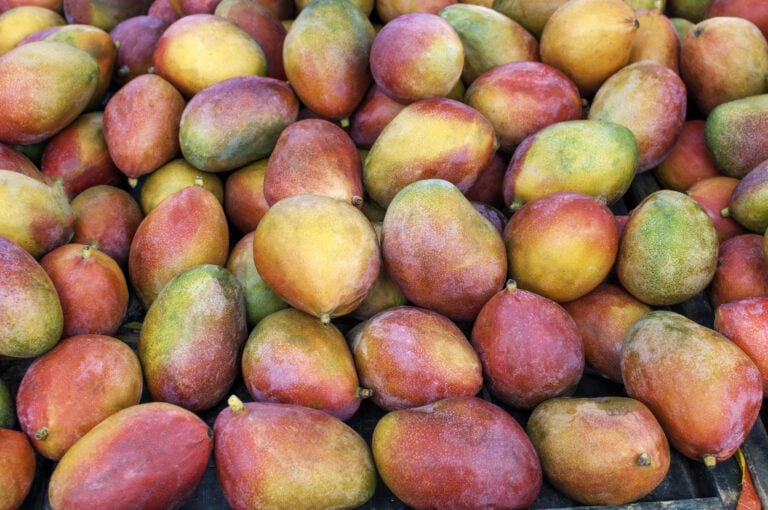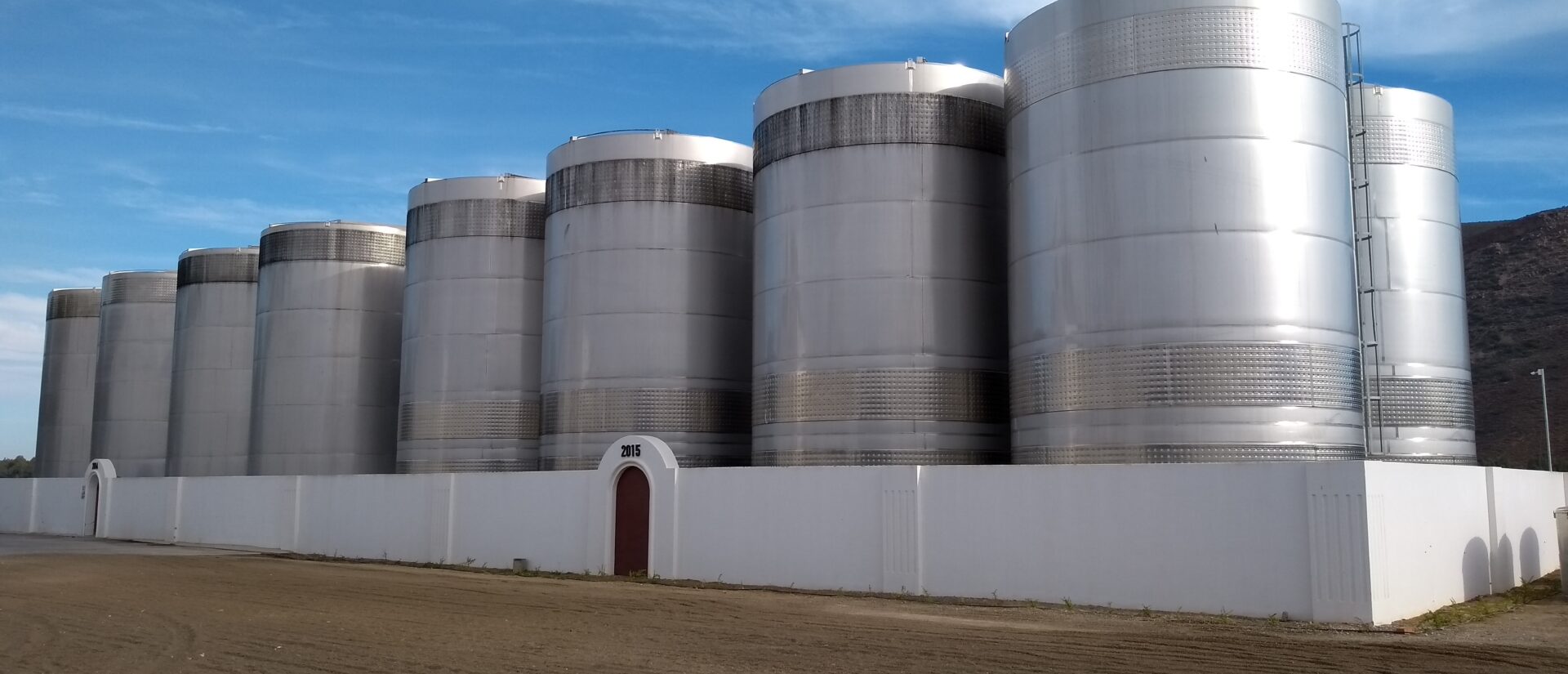
Labour conditions in South African wine industry remain appalling
Dutch supermarkets are an important player in improving working and living conditions
Supermarkets play an important role in the wine supply chain between South Africa and the Netherlands. This is the main conclusion from the latest SOMO report, ‘Pressing Issues’, released today. By selling a large amount of bulk wine as ‘private label’ wine, they put pressure on prices, producers and workers. The latter face wages too low to live on, substandard on-farm housing, health risks from careless pesticide use, and opposition to organisation via labour unions.
SOMO and the South African organisation Trust for Community Outreach and Education (TCOE)(opens in new window) draw their conclusion based on field research, reports from the local union CSAAWU(opens in new window) , independent audit reports and 15 years’ worth of critical NGO-reports on working conditions in the South African wine industry. However, Dutch supermarkets have not yet picked up on these distressing signals and are delinquent in ensuring due diligence in this supply chain.
Bulk wine, private label
An estimated 20-25 per cent of all wines sold in the Netherlands comes from South Africa. In addition, 80% of these wines are sold in and through supermarkets, mostly as private label wine. This gives supermarkets the power to determine how products look and taste.
A lot of South African wine is sold cheap: the price per hectolitre for bulk wine is among the lowest in the world and South Africa is at the bottom of the pile as far as profits are concerned. According to Vinpro, the South African wine industry association, 37 per cent of wine producers are making a loss.
South Africa currently exports 60 per cent bulk wines and 40 per cent bottled wines. The bulk wines are mainly bottled in Germany, the UK and France before being exported to the Netherlands. The most dominant retailers in the Netherlands drive the import of bulk wine; five supermarkets own a 78 per cent market share. Bulk wines cost half the price to import as bottled wines from South Africa. And the demand for bulk wine is increasing, with supermarkets ‘producing’ more and more private label wines.
Impact on workers
Wages in the wine sector are low, even below the general minimum wage in South Africa. Furthermore, many workers are dependent on farmers for on-farm housing. The skewed land-holding patterns in South Africa mean that poor people in rural areas have very few options for creating food security and sufficient livelihoods. Affordable and decent housing near the remote farms is nearly impossible to find. At the same time, dependence on farm owners for housing makes workers vulnerable to the possibility of eviction.
Karel Swart from CSAAWU: “Hundreds of farm workers are being evicted from farms today, and we are seeing the rise of many dusty informal settlements outside the wine producing towns such as Robertson and Grabouw.”
Other important issues for workers include the unsafe storage and use of pesticides and the deep mistrust between farm owners and the labour unions trying to organise farm workers. In the Western Cape region, unionisation of farm workers is still dramatically low at 5-8 percent (for South Africa as a whole, 25 per cent of the formal work force is unionised).
“There is no simple answer to the problems faced by workers on wine farms in South Africa, but disengagement is not the solution. Dutch supermarkets need to take their role in the supply chain seriously, to pay fair prices so that farmers can pay a proper wage, and to actively engage with their local suppliers – the unions and certification and improvement schemes – to actually genuinely the situation of workers”, says Gisela ten Kate from SOMO.
Do you need more information?
-

Gisela ten Kate
Coordinator MVO Platform
Partners
-
TCOE
Related content
-
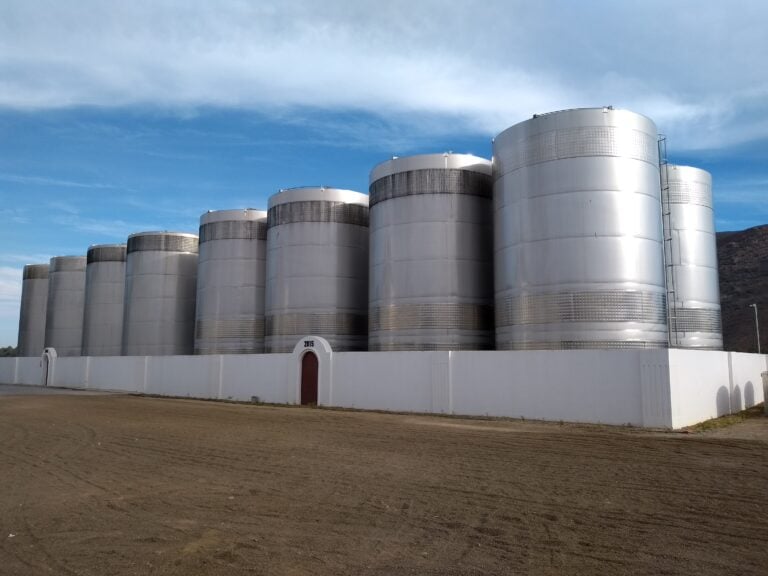 Labour conditions in South African wine industry remain appallingPosted in category:News
Labour conditions in South African wine industry remain appallingPosted in category:News Jenny PannenbeckerPublished on:
Jenny PannenbeckerPublished on: -
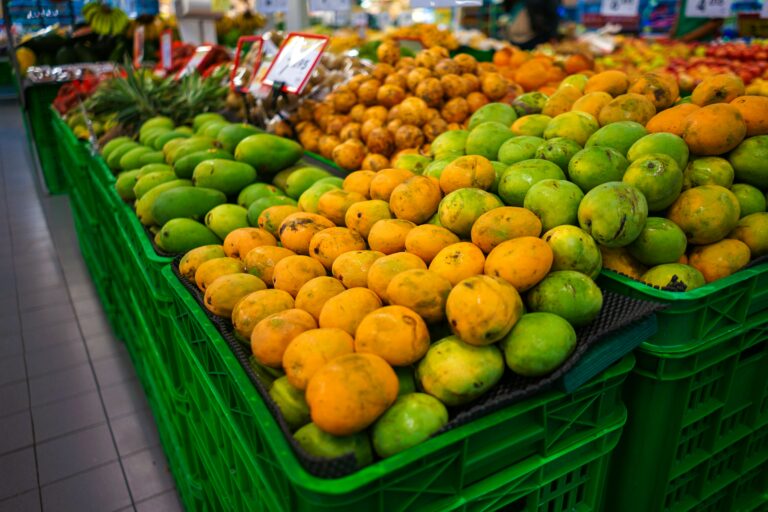 EU takes action against the buying power of supermarketsPosted in category:News
EU takes action against the buying power of supermarketsPosted in category:News Gisela ten KatePublished on:
Gisela ten KatePublished on: -
 Pauline OvereemPosted in category:Publication
Pauline OvereemPosted in category:Publication Pauline Overeem
Pauline Overeem -
Juice with a bitter aftertaste Published on:
 Gisela ten KatePosted in category:Publication
Gisela ten KatePosted in category:Publication Gisela ten Kate
Gisela ten Kate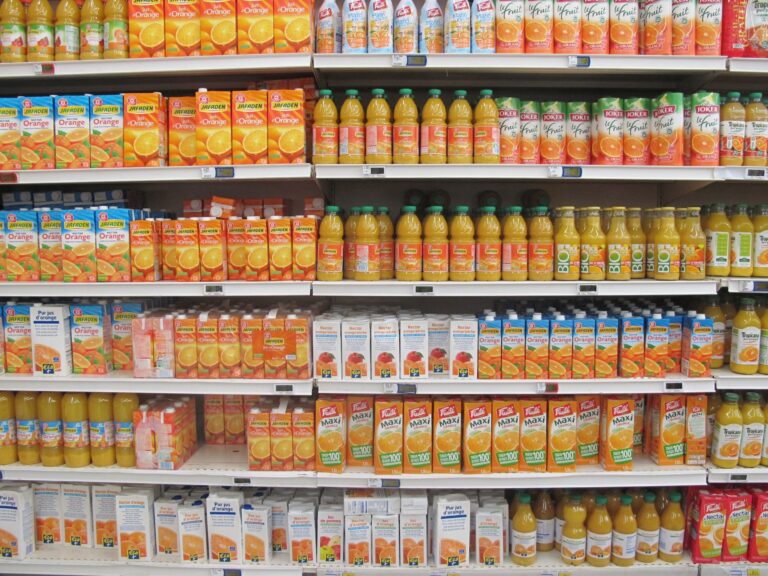
-
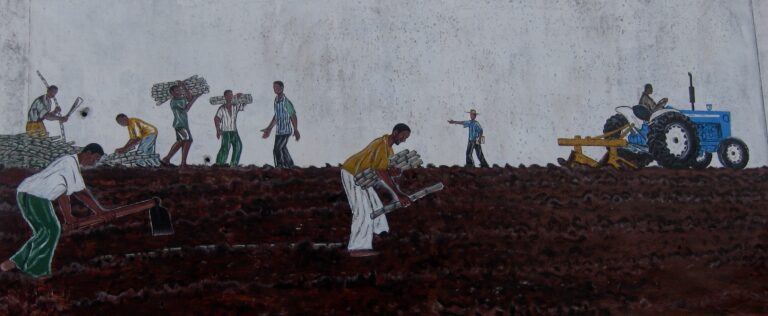
-
